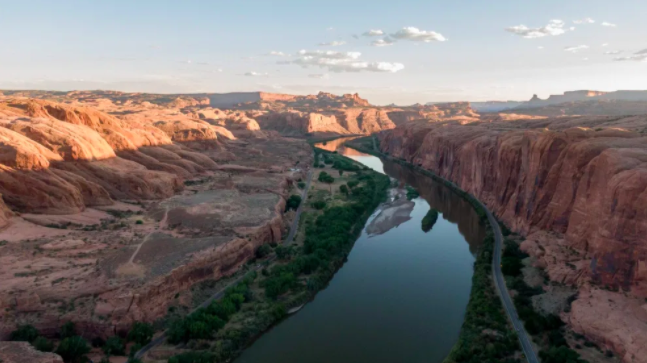
On July 22, Congress passed the biggest public-lands spending bill in half a century. The bipartisan bill, called the Great American Outdoors Act, puts nearly $10 billion toward repairing public-lands infrastructure, such as outdated buildings and dysfunctional water systems in national parks. It also guarantees that Congress will spend the $900 million it collects each year through the Land and Water Conservation Fund, or LWCF. The legislation boosts access to nature, funds city parks and will pay for a significant chunk of the massive maintenance backlog on public lands in the US.
But it all comes at a cost to the climate. To pay the bill’s hefty price tag, Congress is tapping revenue from the fossil fuel industry. Though the new law has been cheered by conservation groups, it fails to address either the modern crisis of climate change or the impacts of the West’s growing recreation and tourism economy on wildlife. In this way, the Outdoors Act exposes the gaps between conservation and climate activism, while providing a grim reminder of the complicated entanglements of energy, economics, climate—and now, a pandemic.











